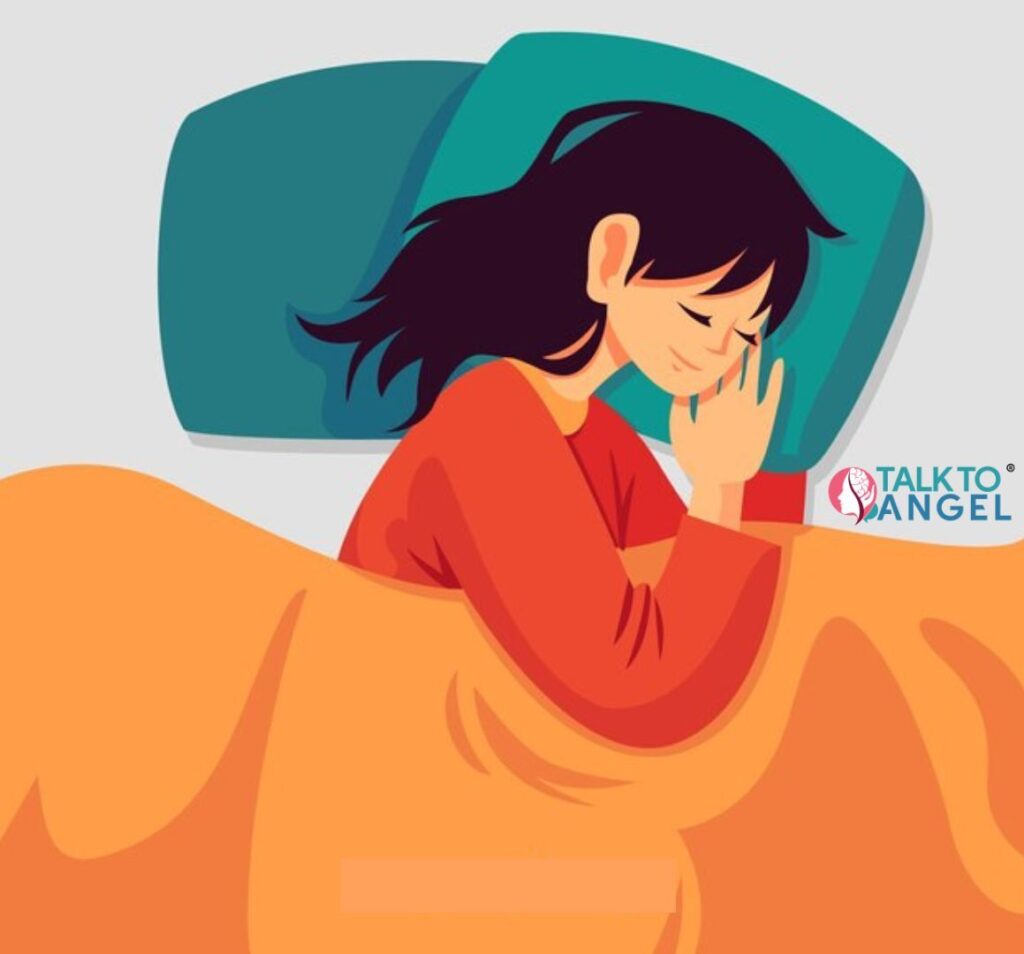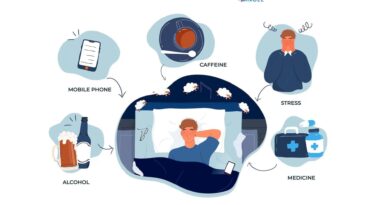Sleep Disordered Living
A Journey into the World of Sleep Disorders
Hey there sleepyheads! Looking for some fascinating insights into the intriguing world of sleep disorders? Well, you’ve come to the right place! In this blog, we’ll be delving deep into the realm of sleep disordered living, exploring everything from insomnia to sleep apnea and even narcolepsy. So, grab your favorite pillow and get ready to dive in! But first, let’s start with a brief introduction to set the stage for this snooze-worthy journey.
Understanding Sleep Disorders
Understanding Sleep Disorders: Ah, sleep disorders, the sworn enemies of a good night’s rest. Insomnia, sleep apnea, restless legs syndrome, narcolepsy – don’t they sound like the cast of a mysterious yet annoying sleep-themed drama series? Well, maybe not, but they certainly make for interesting topics on sleep disorders. Let’s start with insomnia, the granddaddy of all sleep disorders. Can’t fall asleep? Can’t stay asleep? Overanalyze every minute detail of your existence at 3 am? Sounds like you might be part of the insomnia club. Next up, we have sleep apnea – where every night feels like a snore-filled adventure, thanks to repetitive pauses in breathing. Oxygen deprivation, anyone? Not to be left out, restless legs syndrome makes its presence known with irresistible urges to move your legs, making you twitch and dance at the most inconvenient times. And then there’s narcolepsy, where your body surprises you with unexpected sleep attacks like a slap in the face from a sleep deity. Now that we’ve introduced these sleep-disrupting troublemakers, it’s time to understand how they impact our mental health. Ready for a bumpy ride? Hold tight!

Sleep Problems’ Effects on Mental Health
Sleep disorders are no joke. They have a profound impact on our mental health, leaving us feeling like walking zombies in the daylight and tossing and turning in bed at night. It’s a vicious cycle that can wreak havoc on our well-being. Let’s start with the link between sleep and mental health. Turns out, they go hand-in-hand like peanut butter and jelly. When we don’t get enough quality sleep, our mental health takes a nosedive. It’s like a cranky toddler throwing a tantrum in our brain. We become more prone to mood swings, irritability, and difficulty in managing stress. Who needs that extra dose of drama, right? But wait, there’s more! Common sleep disorders like insomnia, sleep apnea, restless legs syndrome, and narcolepsy can have their own special effects on our mental health. Insomnia, the queen of sleepless nights, can leave us feeling like an extra on The Walking Dead, while sleep apnea, with its loud snoring and interrupted breathing, can turn us into grumpy bears with a headache. Restless legs syndrome? Well, it’s like having your legs possessed by a demon while you desperately try to catch some shut-eye. And let’s not forget narcolepsy, the grandmaster of daytime sleepiness. One minute you’re wide awake, the next you’re dreaming about a tropical vacation. Now, brace yourself for the vicious cycle of sleep disorders and anxiety. It’s like a never-ending carousel ride of worry and exhaustion. Poor sleep fuels anxiety, and anxiety fuels poor sleep. It’s like a tag-team wrestling match – anxiety and sleep disorders taking turns to knock us down. It’s not a game anyone wants to play. But wait, there’s more drama! Post-traumatic stress disorder (PTSD) and sleep disorders are best friends forever. When trauma strikes, it can disrupt our sleep patterns and leave us tossing and turning with nightmares. It’s like the ghost of trauma haunting our dreams, making it impossible to find peace in slumber.

Treatment Options for Sleep Disorders
that can help alleviate the impact of sleep disorders on our mental health. One such option is cognitive behavioral therapy for insomnia (CBT-I). This therapy aims to identify and address the underlying causes of our sleeplessness, teaching us healthy sleep habits and techniques to promote better quality sleep.
Another treatment approach is medication, which can be prescribed by a healthcare professional to target specific sleep disorders. For example, those with sleep apnea may benefit from continuous positive airway pressure (CPAP) therapy, which involves wearing a mask during sleep to keep the airways open.
In addition, making lifestyle changes can significantly contribute to improving sleep and mental health. These changes may include practicing good sleep hygiene, such as maintaining a regular sleep schedule, creating a comfortable sleep environment, and avoiding stimulating activities before bedtime.
Engaging in stress-reducing activities like exercise, yoga, or meditation can also promote better sleep and alleviate the negative impact of sleep disorders on our mental well-being. These activities help to relax the mind and body, reducing anxiety and promoting a sense of calm.
It’s important to remember that seeking professional help is crucial when dealing with sleep disorders and their impact on mental health. A healthcare provider can provide a comprehensive evaluation, determine the most appropriate treatment plan, and offer support throughout the process.
By addressing sleep disorders and prioritizing our mental well-being, we can break free from the vicious cycle and regain control over our sleep and our lives. Remember, a good night’s sleep is the foundation for a healthy mind and body. So let’s take those necessary steps towards better sleep and mental health.
The Role of Online Counseling in Sleep Disorder Treatment.
Online counseling can play a significant role in the treatment of sleep disorders. Online counseling services like TalktoAngel provide a convenient and accessible way for individuals to access mental health support from the comfort of their own homes. Online counseling can help individuals with sleep disorders to identify and address underlying mental health issues that may be contributing to their sleep difficulties. It can also provide them with strategies and tools for improving sleep hygiene and promoting healthy sleep habits. Online counseling can be particularly beneficial for individuals who may have difficulty accessing traditional in-person counseling services due to geographical or logistical barriers. Overall, online counseling can be an effective and convenient way to support individuals with sleep disorders in their journey towards better sleep and improved mental health.
Conclusion:
Sleep disorders can have a significant impact on an individual’s mental health, and it is essential to address both issues to achieve better overall well-being. Therapy, medication, or a combination of both can be helpful in treating sleep disorders, and online counseling services like TalktoAngel can provide a convenient and accessible way for individuals to access mental health support from the comfort of their own homes. Online counseling can help individuals with sleep disorders to identify and address underlying mental health issues that may be contributing to their sleep difficulties. It can also provide them with strategies and tools for improving sleep hygiene and promoting healthy sleep habits. With the right support and treatment, individuals with sleep disorders can achieve better sleep and improved mental health.




